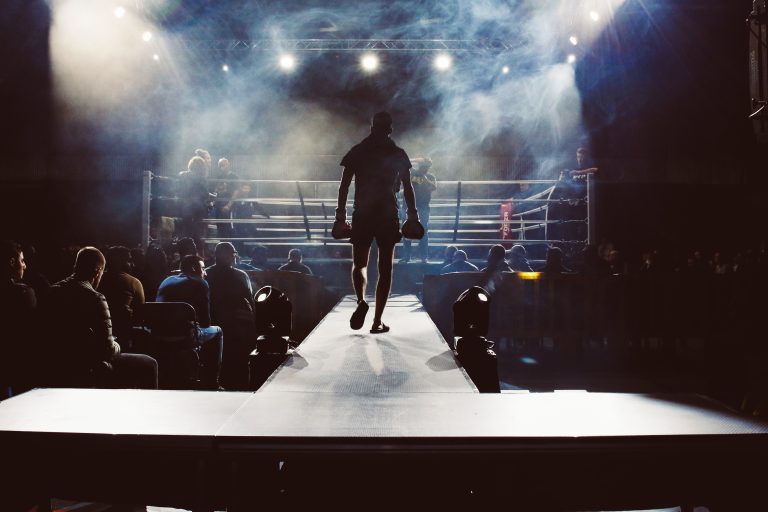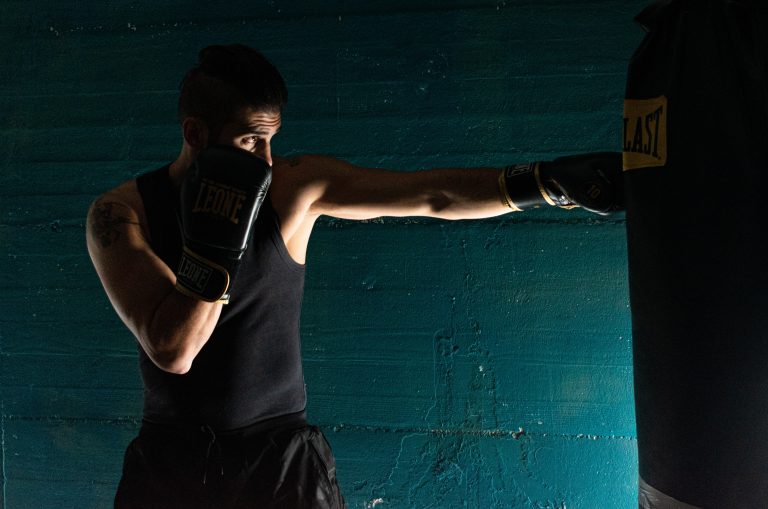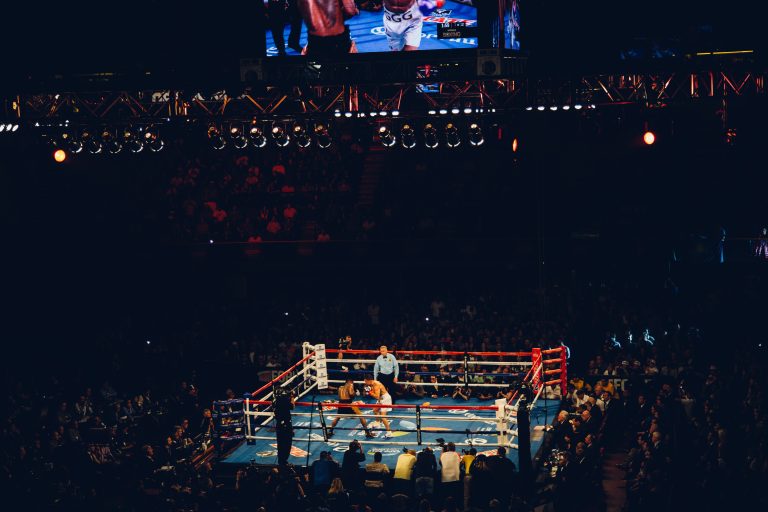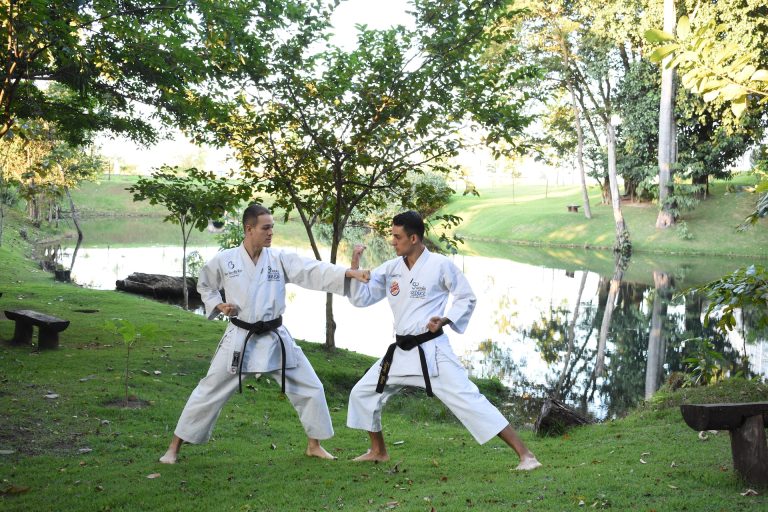Why is Karate Kid So Bad? An In-Depth Analysis
Released in 1984, Karate Kid is one of the most iconic movies of all time. The film has become a cult classic and a symbol of the 80s era. Karate Kid is a story of a young boy, Daniel, who moves with his mother to California and gets bullied by a group of karate students. He then meets the wise Mr. Miyagi, who teaches him karate and helps him overcome his fears. Although the movie is beloved by many, some argue that Karate Kid is just plain bad. In this post, we will delve into the reasons why Karate Kid is so bad.
Plot Inconsistencies
One of the main criticisms of Karate Kid is the plot inconsistencies. The film’s plot contains several plot holes and inconsistencies that are difficult to ignore. For example, in one scene, Daniel is shown picking up chopsticks using his bare hands. However, in another scene, he can’t balance a pencil between two fingers. Another inconsistency is the scene where Daniel learns to do the crane kick from Mr. Miyagi. Daniel is instructed to „balance, balance“ and „focus power.“ However, the kick has nothing to do with balance or focus and is simply a flashy move that looks cool.
Unrealistic Characters
Another criticism of Karate Kid is the unrealistic characters. The film features stereotypical characters, such as the jock bully, the wise old master, and the innocent girl. These characters are one-dimensional and lack depth. For instance, Johnny, the main antagonist of the movie, is portrayed as a one-dimensional bully who has no emotions or motivations beyond being mean to Daniel. The love interest, Ali, is portrayed as a perfect girl who has no flaws or personality traits beyond being attractive and being nice to Daniel.
Questionable Life Lessons
Perhaps the most significant criticism of Karate Kid is the questionable life lessons that the movie conveys. The film’s message is that violent retaliation is the solution to bullying. In the movie, Daniel is able to defeat Johnny and his friends by using karate. However, in real life, resorting to violence is not the solution to bullying. Additionally, the message of the movie is that Daniel is the hero because he fights back against bullies. However, in real life, heroism is demonstrated by standing up to bullies without resorting to violence.
Why is Karate Kid So Bad: Answering the Most Frequent Questions
Introduction
If you grew up in the 80s, you probably remember the iconic movie „Karate Kid“ directed by John G. Avildsen. The film tells the story of a young boy named Daniel who moves with his mother from New Jersey to California and has to navigate bullying from his classmates, only to find solace and confidence in his relationship with his martial arts teacher, Mr. Miyagi. However, despite its popularity, the movie has been the subject of much controversy and criticism over the years, with some people claiming that it’s actually a bad movie. In this article, we’ll explore the most frequent questions about why Karate Kid is so bad and try to provide answers based on strong evidence.
Question 1: Does the Movie Perpetuate Asian Stereotypes?
One of the main criticisms of Karate Kid is that it relies heavily on Asian stereotypes. Mr. Miyagi, the wise sensei who teaches Daniel karate, is portrayed as a „mystical“ and „exotic“ character who speaks broken English and knows secrets of martial arts that no one else does. Some people argue that this is a harmful portrayal of Asian people and perpetuates stereotypes that have long been used to paint them as „other“ or „foreign.“
While it’s true that Karate Kid does rely on some Asian stereotypes, it’s important to note that Mr. Miyagi is actually a complex character who is more than just a caricature. He’s a war veteran who has experienced trauma, and his broken English is a result of his time spent in internment camps during World War II. Additionally, the film also shows other Asian characters who are not stereotypical, such as Kumiko, the love interest of Daniel who is portrayed as a modern and independent young woman.
Question 2: Is the Acting Bad?
Another common criticism of Karate Kid is that the acting is bad, particularly that of Ralph Macchio who portrays Daniel. Some people argue that Macchio is wooden and lacks the charisma to carry the movie, while others claim that the acting in general is just cheesy and over-the-top.
While it’s true that the acting in Karate Kid is not always top-notch, it’s important to remember that it was made in the 80s and that acting styles have changed since then. Additionally, it’s worth noting that Macchio was actually only 22 years old when he filmed the movie, and it was his first major film role. Given that, it’s impressive how well he manages to carry the movie, and his portrayal of Daniel has become an iconic one.
Question 3: Is the Plot Too Simple?
Some people argue that the plot of Karate Kid is too simple and predictable. They claim that it’s just a classic coming-of-age story in which an underdog wins against all odds, and that there’s nothing particularly original or complex about it.
While it’s true that the plot of Karate Kid is a classic one, it’s important to note that it’s executed very well. The movie takes its time to develop the relationship between Daniel and Mr. Miyagi, and the scenes in which Mr. Miyagi teaches Daniel karate are both entertaining and meaningful. Additionally, the final fight scene is very well choreographed and remains one of the most iconic scenes in cinematic history.
Question 4: Is the Movie Sexist?
Sometimes, critics argue that Karate Kid is sexist because it portrays women as secondary characters with little agency. Ali, the girlfriend of Daniel, is seen more as a prize to be won than as a character with her own motivations and desires. Furthermore, the other female characters in the movie are also mostly relegated to the background and have few speaking lines.
While it’s true that the movie doesn’t give its female characters a lot of screen time, it’s important to remember that it was made in the 80s and that representation of women in movies was not as progressive as it is today. Additionally, Ali is still portrayed as a strong and independent character who stands up to her ex-boyfriend when he tries to bully Daniel.
How to Analyze Why the Karate Kid Movie is Bad?
If you’ve watched „The Karate Kid“ movie and found it confusing, absurd, or boring, you might be wondering why it is so bad. Perhaps you have seen many people praising the movie and wondered if there’s something wrong with you. Well, there’s really nothing wrong with you. Just like any piece of art, watching and evaluating movies is subjective. That means that people can have different opinions and experiences depending on their upbringing, education, cultural background, context, and expectations. However, there are some objective criteria and techniques that you can use to analyze and understand the reasons why the Karate Kid movie is bad. Here are some clear step-by-step instructions to do that.
Step 1: Define What You Mean by „Bad“
Before you start analyzing the Karate Kid movie, you need to be clear about what you mean by „bad“. Do you mean that the movie has poor cinematography, bad acting, inconsistent plot, unrealistic dialogues, or shallow characters? Are you comparing the movie to other similar movies in the same genre or to your personal expectations? Or are you reflecting on the underlying messages and values that the movie promotes or neglects? Defining your criteria for evaluating the movie will influence the type and depth of analysis you conduct.
Step 2: Watch the Movie Carefully
The next step is to watch the Karate Kid movie again, but this time with a critical eye. Try to pay attention to the details, dialogues, characters, plot twists, and the overall message that the movie conveys. Jot down any observations, questions, or criticisms that you have while watching. Don’t judge the movie outright, but rather try to understand how it works and what it aims to achieve.
Step 3: Analyze the Elements of the Movie
Once you’ve watched the movie, you can start analyzing its elements. Here are some questions that you can ask yourself:
1. Cinematography – How were the scenes shot? What lighting, angles, and effects were used? Did they enhance or detract from the story? Were they consistent in quality and tone throughout the movie?
2. Acting – How were the actors‘ performances? Were they believable, emotional, and nuanced? Did they bring depth and complexity to their characters, or were they one-dimensional and cliched?
3. Plot – How was the story structured? Did it flow logically and smoothly from one scene to the next? Were there any plot holes, inconsistencies, or irrelevant subplots? Did the ending satisfy or disappoint you?
4. Dialogue – How were the characters‘ conversations? Were they realistic, natural, and varied, or did they sound robotic, forced, and repetitive? Did they reveal anything about the characters‘ motivations, feelings, or conflicts?
5. Characters – Who were the main characters? How were they portrayed? Did they have distinct personalities, goals, and challenges, or were they stereotypical and flat? Did you care about what happened to them?
6. Themes – What were the movie’s main themes and messages? Did they resonate with you? Did they challenge or reinforce any of your beliefs or values? Were they relevant to the time and place the movie was made?
Step 4: Compare and Contrast
After you’ve analyzed the elements of the Karate Kid movie, you can compare and contrast them to other movies that you’ve seen or heard about. Look for similarities and differences in terms of style, story, characters, themes, and messages. Note down any strengths or weaknesses that the other movies have over the Karate Kid movie, and ask yourself why you prefer or dislike them. This will help you put the Karate Kid movie in a broader context and evaluate it more objectively.
Step 5: Research Opinions and Reviews
Finally, you can research other people’s opinions and reviews about the Karate Kid movie. Look for reputable sources such as film critics, scholars, or movie websites. Read their arguments, analyses, and critiques of the movie, and compare them with your own findings. Pay attention to their reasoning, evidence, and biases, and try to learn from their perspectives. This can help you refine your own evaluation and appreciate the movie in a more nuanced and informed way.
Conclusion
In conclusion, analyzing why the Karate Kid movie is bad requires a systematic and critical approach. By defining your criteria, watching the movie carefully, analyzing its elements, comparing and contrasting, and researching other opinions and reviews, you can develop a well-rounded and evidence-based evaluation of the movie. Remember that while there’s no objective formula for evaluating movies, there are tools and techniques that can help you understand and appreciate them better.
Inhaltsverzeichnis






